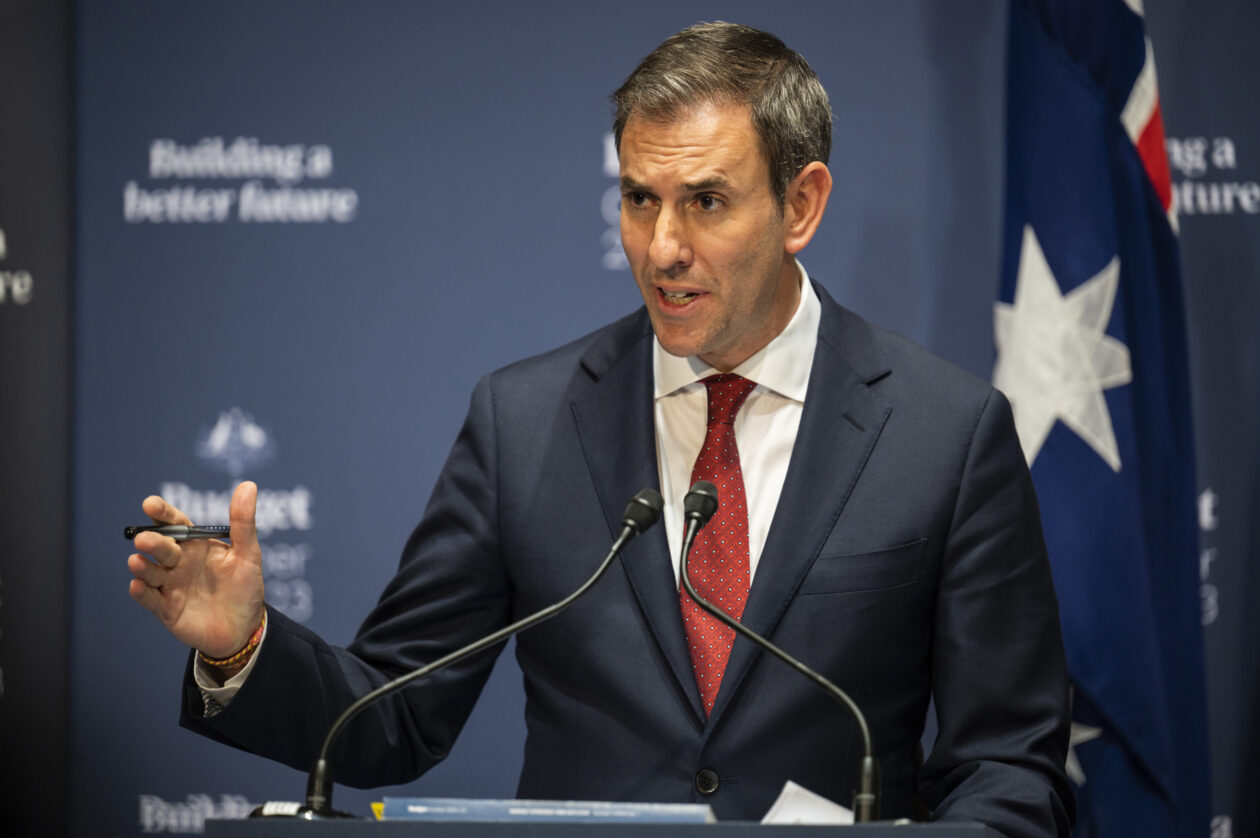Australian financial authorities will start talks with the cryptocurrency industry and aim to introduce rules for regulating exchanges next year after one of the world’s biggest crypto trading platforms, FTX.com, collapsed last week, according to a report in the Australian Financial Review.
“These developments highlight the lack of transparency and consumer protection in the crypto market, which is why our government is taking action to improve the regulatory frameworks while still promoting innovation,” a spokesman for Treasurer Jim Chalmers said in the report.
Caroline Bowler, chief executive officer of Australian crypto exchange BTC Markets Pty, told Forkast she welcomed the latest developments.
“I was pleased because [the Australian blockchain industry] has been calling out for this for so long,” said Bowler, who also sits on the board of Blockchain Australia, the industry’s main body in the country. “It’s just unfortunate that it’s against the backdrop of the implosion [of FTX] and the other effects it’s had on Australian investors.”
As many as 30,000 Australian investors have funds frozen on the FTX exchange, according to local investment advisory firm KordaMentha Pty, who are the administrators representing FTX’s Australian clients. FTX Australia, a subsidiary of FTX, had its financial services license suspended by the Australian Securities and Investments Commission on Wednesday.
“We are closely monitoring the fallout from the FTX collapse, including further volatility in crypto-asset markets and any spillovers into financial markets more broadly,” the spokesman for Chalmers said.
Coordination
Jonathon Miller, Australian managing director of U.S.-based crypto exchange Kraken, told Forkast that he hopes the Australian Treasury does take enough industry input into account.
“What we have seen in markets where the constraints are too tight is you see innovation become strangled,” he said, telling Forkast that in his view the Japanese market — where Kraken also holds a license — is one that has suffered from overly strict regulation.
Miller said Australia should also look to coordinate legislation with other jurisdictions when possible to avoid situations where crypto exchange operators shop around for the jurisdiction with the most lax rules.
“Offshore exchanges based in the Bahamas, like the FTX, are a result of some uncertainty in other regulatory regimes,” he said. “And also, businesses that are able to play regulatory arbitrage will do so.”
Bowler told Forkast that cryptocurrency has different custody requirements to traditional financial assets, and its decentralized structure brings with it different risks and benefits.
Citing the oft-heard saying in the industry “not your keys, not your Bitcoin,” Bowler said it’s important — even for companies — to know they have experienced digital asset custodians in place.
“It’s going to stimulate interest from traditional financial custodians to properly investigate with some rigor into what it would take to set up a digital asset custodian alongside probable investment in existing digital custodians,” she said, “so that is a good thing for Australia.”
Landscape
Australia’s Senate issued a report in October 2021 on the digital asset and payment industry, which included 12 recommendations on how to legislate and manage the emerging sector.
However, Australia had a change of government in May and the incoming Labor administration adopted only a few of these recommendations, opting instead for what was called a “token-mapping” process to identify and rank cryptocurrencies by utility and their underlying blockchain technology.
In an opinion piece in the Australian Financial Review earlier in the week, Senator Andrew Bragg, 38, who chaired the Senate Committee that wrote the report, said that despite recent events he takes a long view on the cryptocurrency industry.
“I believe the fundamental strength of the concepts of blockchain and cryptography is assured,” the Liberal Party Senator said in the piece.
“The ability of the technology to disrupt incumbents and introduce new competition and choice also remains. However, we must not continue hurtling along in an unregulated libertarian nirvana.”
Elsewhere
Europe is also planning new regulations around custody requirements for digital assets, which are likely to come into effect in 2024 as part of the Markets in Crypto Assets framework (MiCA).
In Asia, Singapore and Hong Kong are moving ahead with plans to attract investment by digital asset and blockchain developers.
The Monetary Authority of Singapore has made clear that it sees high-risk crypto trading as suitable for professional traders not the general public, but it has at the same time issued over a dozen digital asset licenses, including to U.S.-based exchange Coinbase Global Inc., since 2019. The license allows firms to provide regulated digital payment token products and services.
Hong Kong is also putting out the welcome mat for businesses wishing to become registered virtual asset service providers.
So far, the Australian blockchain industry has been largely self-regulating, Bowler said, with local exchanges largely avoiding offering lending or high-yield products due to their increased risk.
“We’ve been crying out for a degree of recognition and a degree of codification of that, and we’re looking for that to be codified in some kind of regulatory format,” she said. “So, this is good news.”





